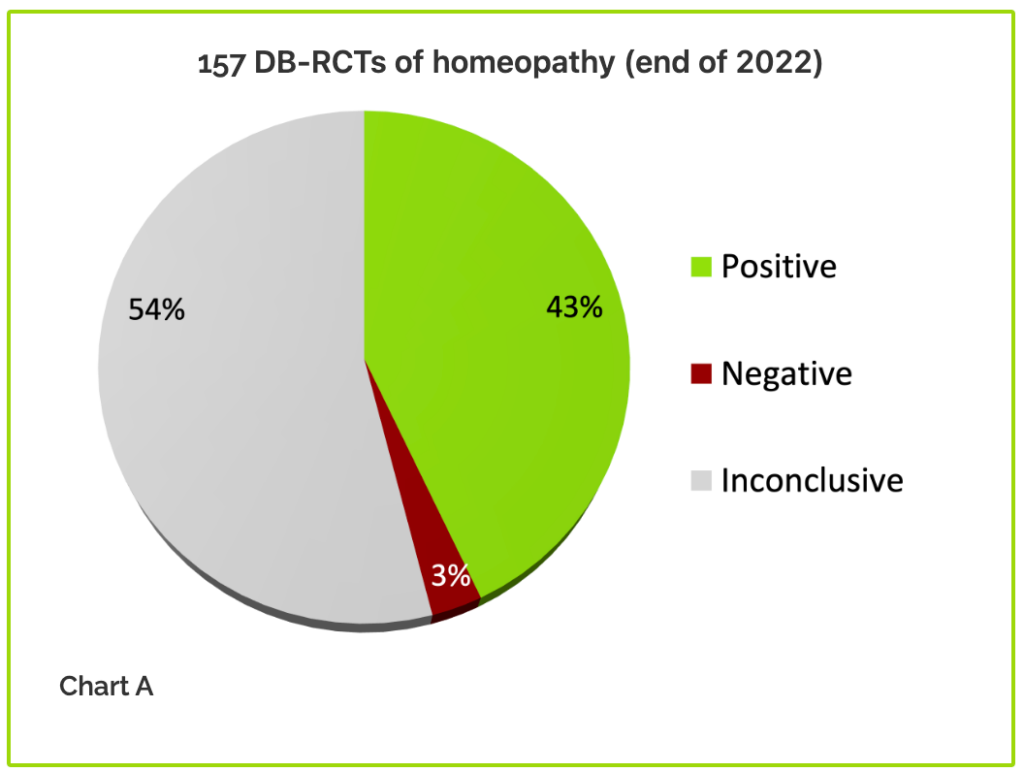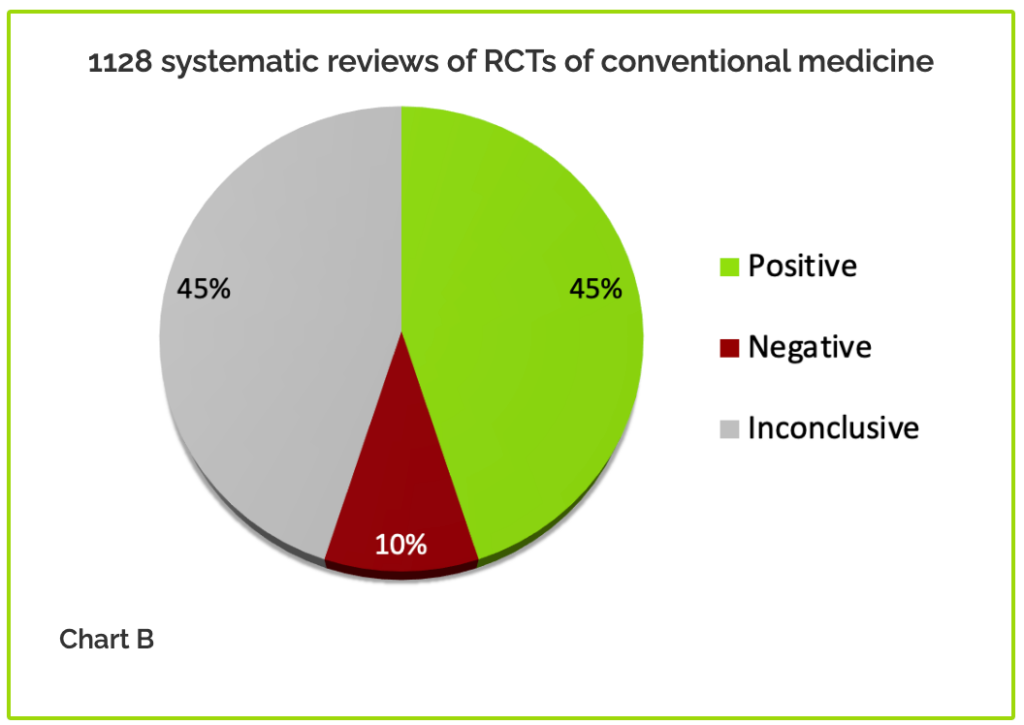“Lack of evidence” is a common argument put forth by sceptics when it comes to homeopathy. But every claim, regardless of the field, requires substantiation. Let’s explore the scientific evidence behind homeopathy and address some of the misconceptions surrounding it.
Homeopathic treatments have been a subject of debate for years, with critics often claiming a lack of scientific evidence to support their efficacy. However, it’s important to note that scientific research into homeopathy exists, and it employs the same types of clinical trials used to evaluate conventional medical treatments.

Homeopathy relies on clinical trials to establish it s effectiveness, just like mainstream medicine. These trials involve testing homeopathic remedies on patients and comparing the results to a control group. While this approach may not be ideal for personalized treatments, it is a standard method used in medical research.
By the end of 2022, peer-reviewed journals had published a total of 271 randomized controlled trials of homeopathic treatment for 144 different illnesses, providing sufficient data for result analysis. Among these, 157 were double-blind, randomized, placebo-controlled studies, encompassing 95 distinct medical conditions.

The analysis of 1128 systematic reviews of traditional medicine studies yielded similar findings regarding the proportion of positive clinical trials. While the overall evidence balance between homeopathy and conventional medicine is roughly comparable, it’s crucial to acknowledge the significant disparity in the number of conducted studies.
One reason for the perception of inadequate evidence in homeopathy is the difference in research funding. In the UK, for instance, only 0.0085% of the total medical research budget was allocated to complementary and alternative medicine (CAM). In the US, less than 0.4% of the annual medical budget of $51.1 billion goes to CAM, with the National Center for Complementary and Integrative Health responsible for its allocation.
In conclusion, it’s essential to recognize that the argument of “lack of evidence” against homeopathy is not entirely accurate. Scientific research in homeopathy does exist, and it employs rigorous methodologies similar to those used in conventional medicine. The discrepancy in research funding between CAM and mainstream medicine can create a skewed perspective, but it doesn’t negate the validity of homeopathic treatments.
For more detailed information and a comprehensive list of studies on this subject, refer to the following link: https://www.hri-research.org/